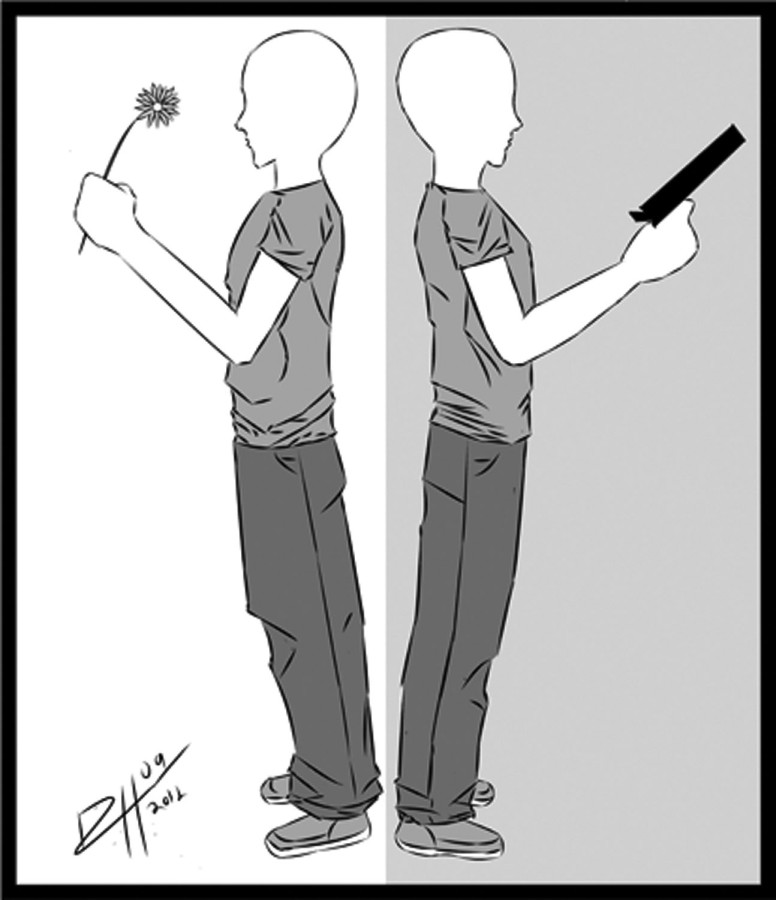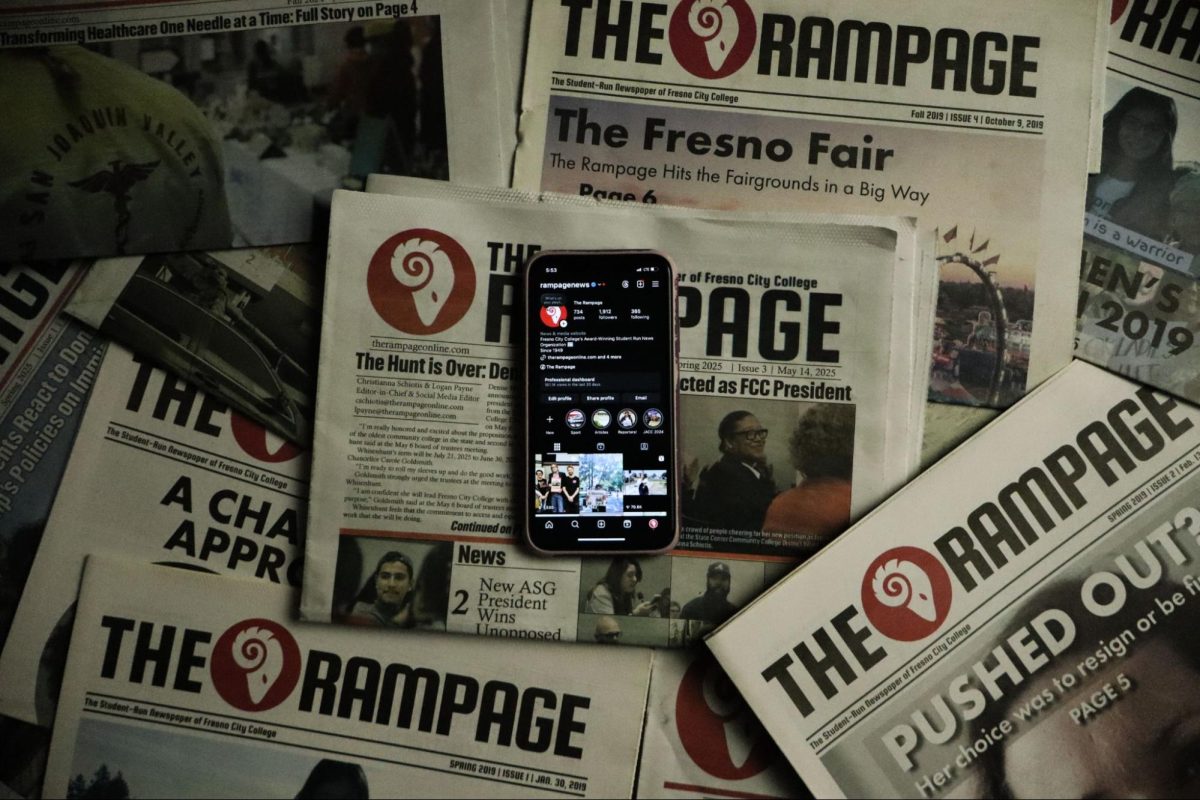As the saying goes, “Guns don’t kill people; people kill people.”
When facing the issue of gun regulation, there is a fundamental element to interpret and respect. The Second Amendment of the U.S. Constitution states, “A well-regulated Militia, being necessary to the security of a free state, the right of the people to keep and bear Arms, shall not be infringed.”
The U.S. government is tasked with regulating militias to strengthen the security of the nation and the livelihoods of citizens.
How can the state regulate the militia without infringing upon the liberty of the people to possess arms? The idea of imposing additional gun restrictions in an effort to circumvent murder is irrational.
There are two underlying issues. First is that existing gun laws are somewhat effective, but are insufficient and lack proper enforcement. Second and more importantly, gun violence is symptomatic of abnormal mental health conditions.
As a means of reducing violence, one method is to require that all guns manufactured or imported into the U.S. contain serial numbers. This is already in practice.
Tracking and registering handguns and assault rifles is not an infringement of a citizen’s right to keep arms. These actions merely increase an owner’s mindfulness of the consequences of perpetrating gun violence. In addition, every single bullet in the U.S., whether manufactured here or imported, should be RFID (Radio Frequency Identification) tagged and registered to the purchaser.
Doing so would increase the accuracy of forensic work, thereby narrowing persons of interest lists. This would also improve a prosecutor’s chances of determining who is partially or entirely culpable in gun-related crimes. This does not infringe upon an American’s right to own guns.
An individual’s proclivity towards violence is a factor that is already present in the law but is insufficiently examined during the gun registration process. Considering the temperament and history of potential gun owners is perfectly acceptable. Doing so fulfills the spirit of the Second Amendment by soundly regulating militias to preserve the security of the country.
In late February of 2010, Minkler resident, Ricky Liles used two high powered assault rifles to murder Fresno County Deputy Joel Wahlenmaier, critically injure Reedley police officer Javier Bejar and moderately injure a third deputy. Following this, he took his own life.
According to the Fresno Bee, police officers found two additional assault rifles and six handguns inside the mobile home. Liles was a 51-year-old former security guard with a purported history of violence and rage.
Prior to the incident, Liles is accused of committing a series of arson fires and shootings. In the months leading up to the tragedy, he mentioned to his wife several times that he intended to shoot officers and then take his own life rather than go to prison.
Liles’ unstable behavior was consistent and predictable during the past several years. A better analysis of his mental condition would have helped to ensure the safety of those fallen officers. Psychological analysis is pivotal in safeguarding Americans and ensuring that potential militias are well-regulated.
Another means of protecting the American people is through long-term, violence prevention programs. Gun violence is a symptom of underlying social and psychological issues. There is a direct correlation between deep poverty and escalations of violence.
Outlawing guns outright is a foolish endeavor. Attacking the symptoms of deep poverty and mental illnesses is no more effective in treating the root causes of gun-related violence than outlawing narcotics is in eradicating psychological disorders that are falsely attributed to illegal drug use. Suppressing the symptoms of serious ailments merely exacerbates social dysfunction and does nothing to resolve the underlying causes.
Prevention though the use of modern profiling to determine the atypical behaviors of those with a history of violence should be encouraged. Registering and tracking weapons and ammunition also helps to preserve our collective safety.
In addition, reducing poverty, providing for quality education, funding community outreach programs and ensuring that all citizens receive ample access to quality mental health services dramatically reduce the likelihood that citizens will participate in gun-related, violent crime.
Rather than outlawing guns, the state can use modern technology and empirical data to improve upon the collective security of the American public. In doing so, the fundamental right of citizens to keep guns will not be infringed.








